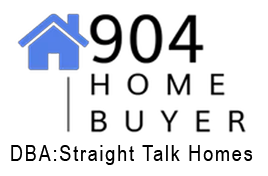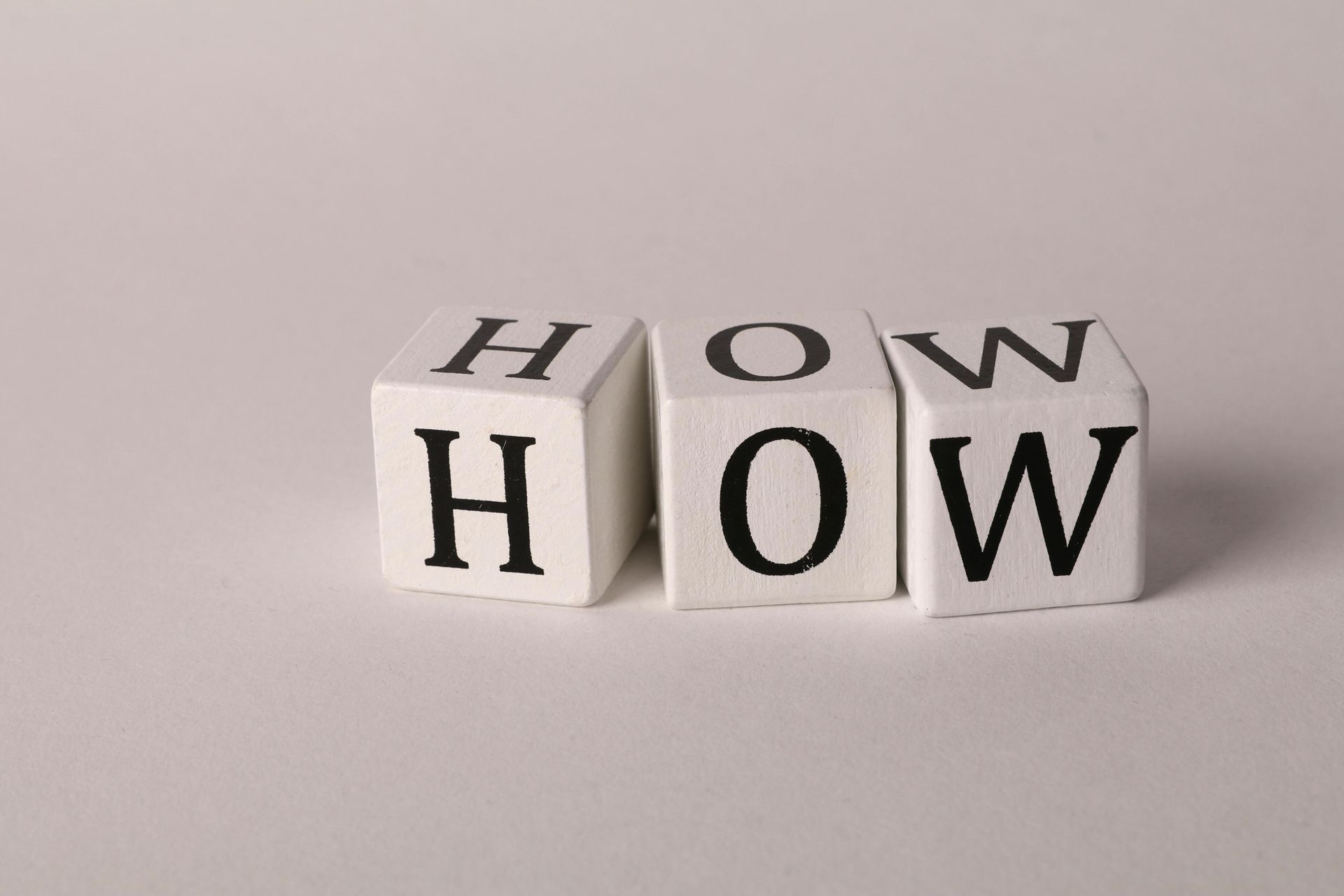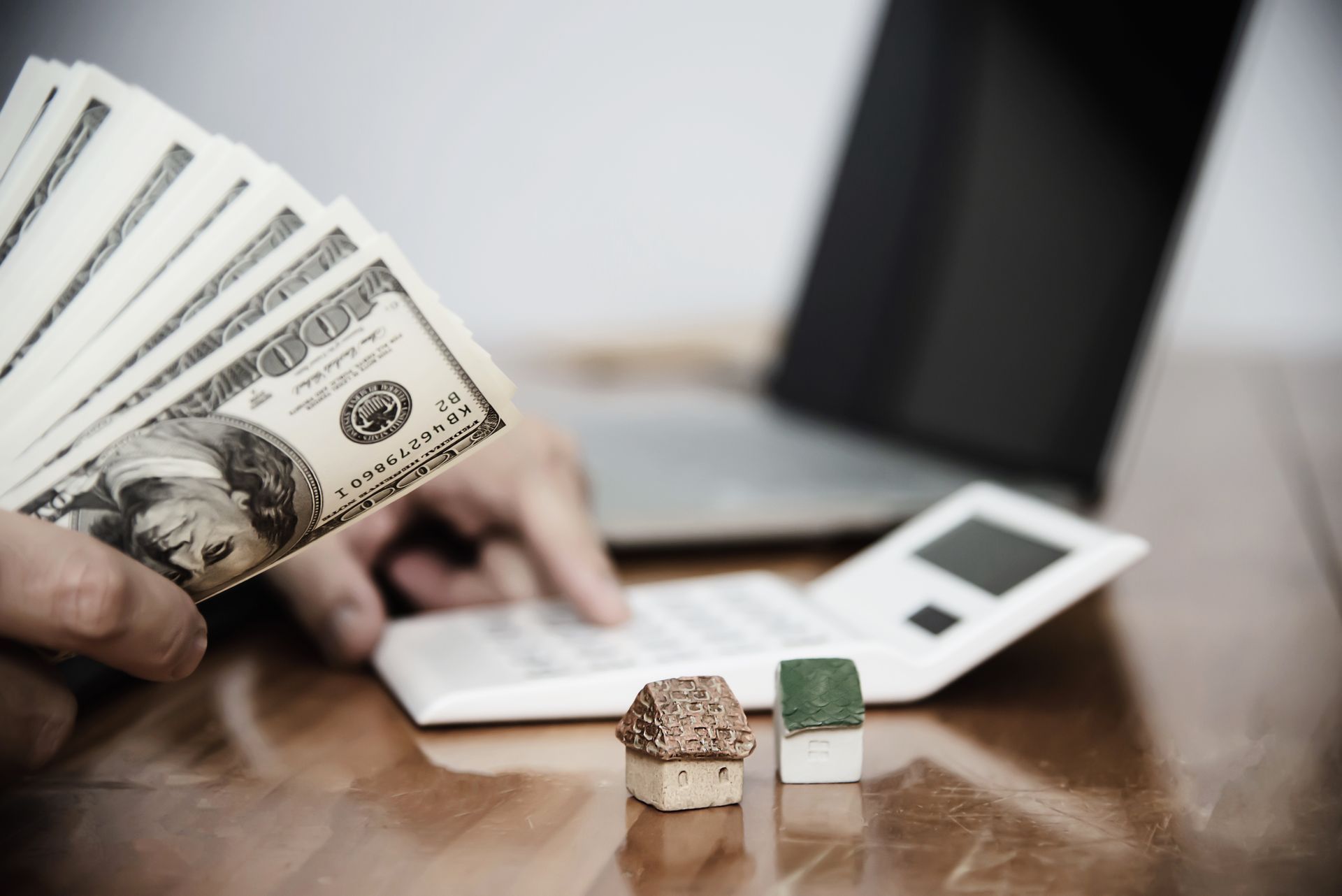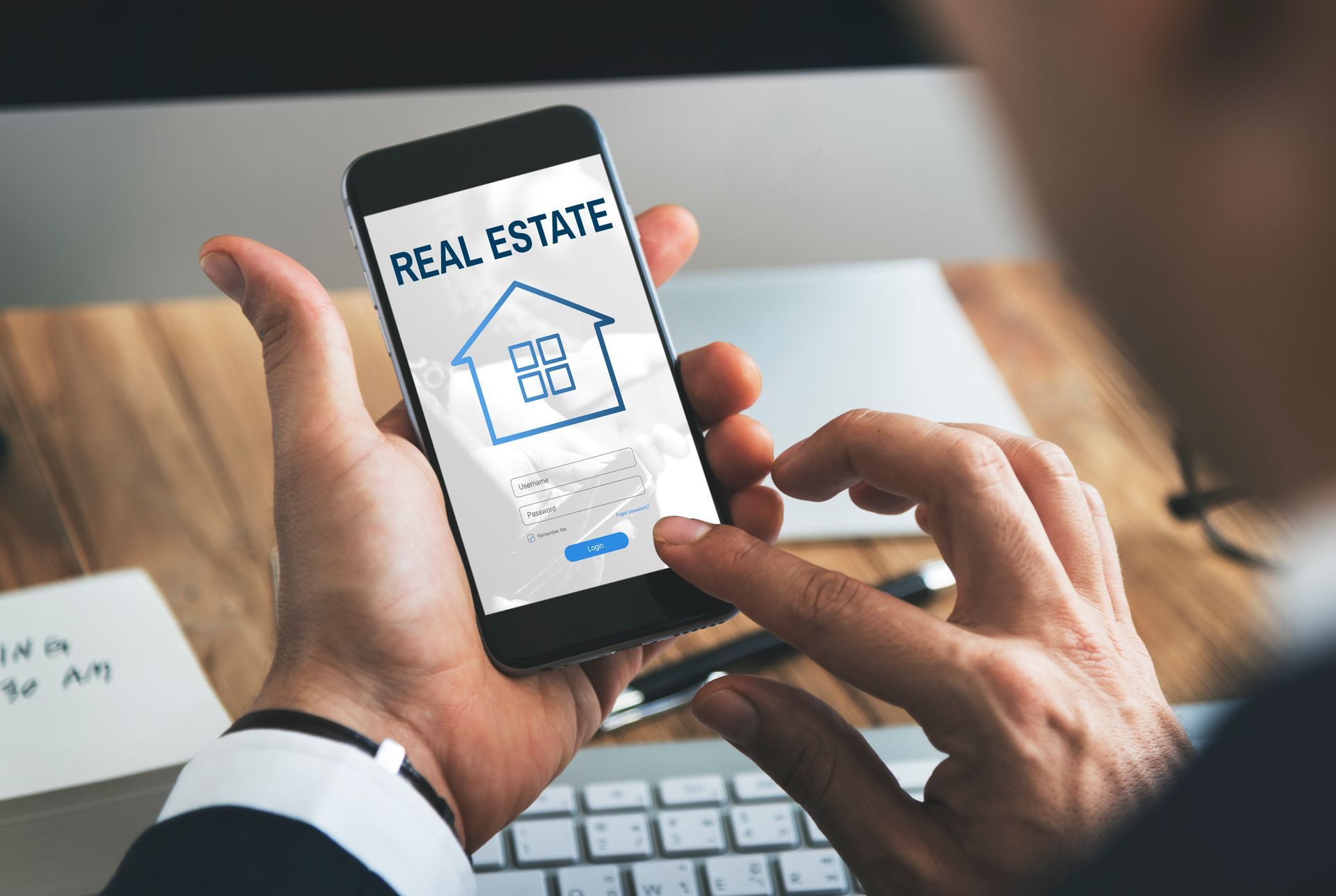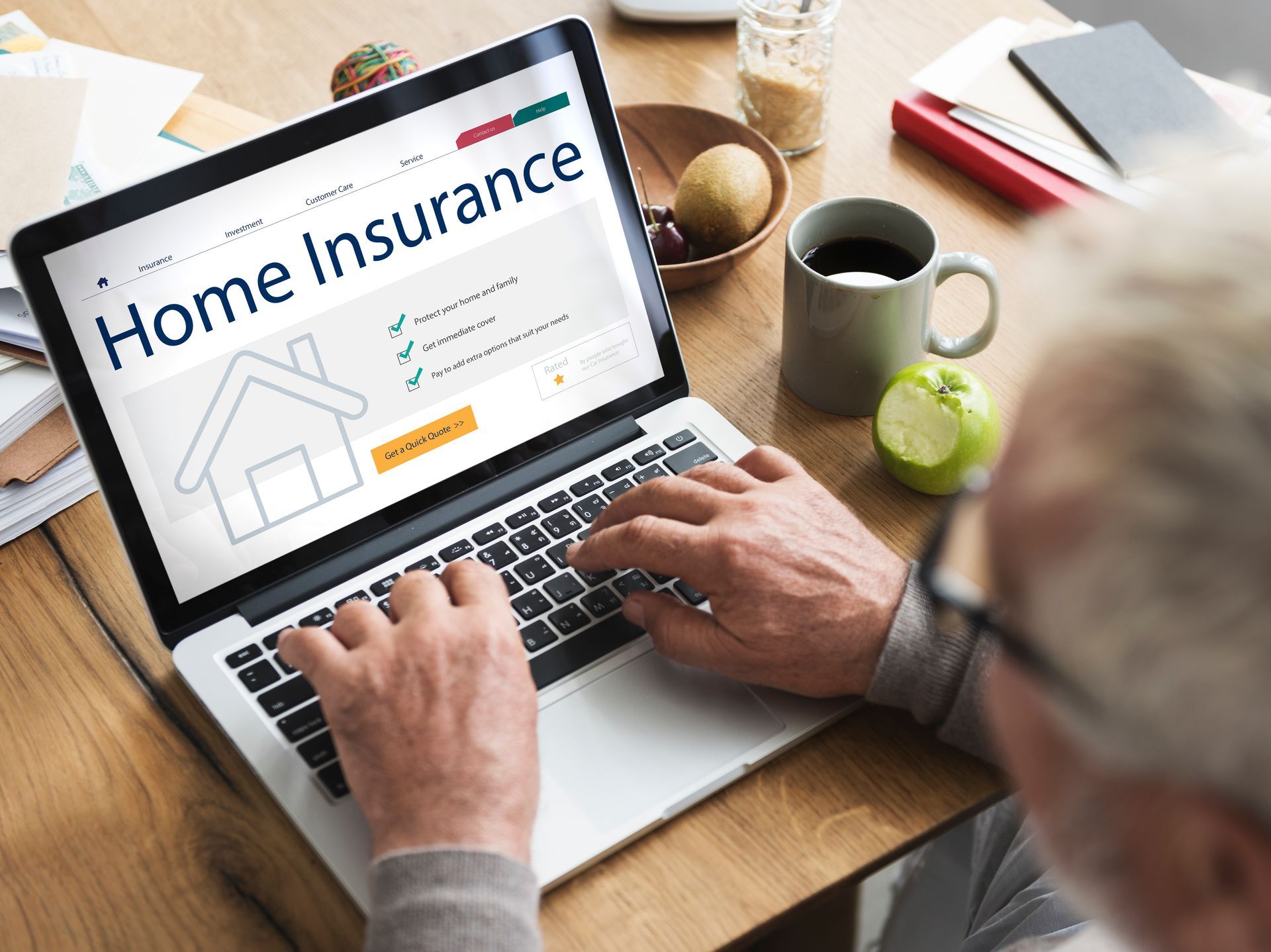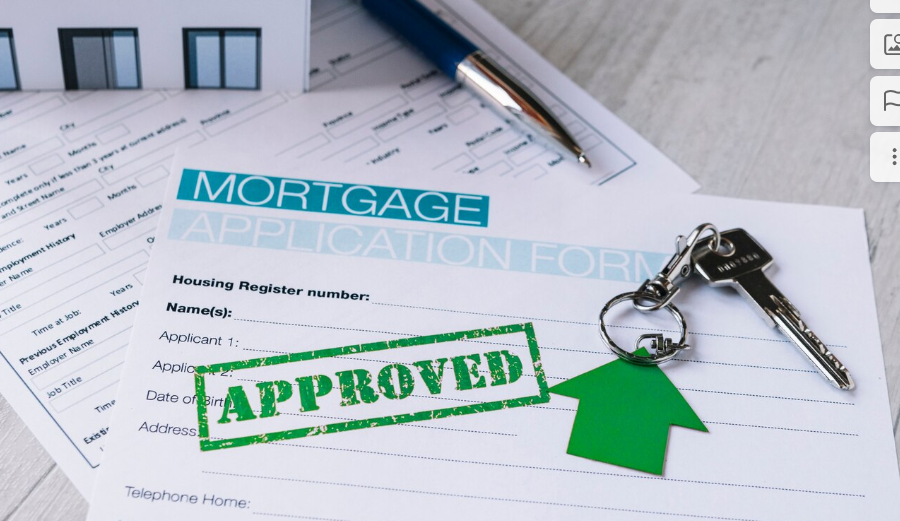How Hurricane Season Affects Selling Your Florida Home
Selling a home in Florida is one thing. Selling during hurricane season? That’s a whole different challenge. From June through November, the threat of storms can make buyers hesitant, complicate insurance approvals, and even delay closings. But here’s the good news—you can still sell your home successfully with the right strategy.
At 904 Home Buyer, we’ve helped plenty of homeowners navigate the ups and downs of selling during storm season. Let’s talk about how hurricanes impact the real estate market and, more importantly, how you can sell your home faster, smarter, and with fewer headaches.
How Hurricane Season Affects Florida's Real Estate Market
You already know that hurricanes can cause damage. But even if a storm never hits, just the possibility of one can affect your home sale in a few key ways.
1. Market Slowdowns Are Common—But Temporary
Many buyers hit pause when a storm is on the horizon. For example, after Hurricane Helene hit northwestern Florida in September 2024, pending home sales in Tampa dropped by 32.2% in just four weeks.
That sounds like bad news, but here’s the silver lining:
Once a storm passes, the market usually rebounds quickly. Many buyers who put off house hunting jump back in as soon as things settle.
2. Property Value Concerns—A Double-Edged Sword
Homes in flood-prone areas or with past storm damage may see lower offers. On the flip side, a home with hurricane-resistant features can be a huge selling point.
For example:
A Miami beachfront home with impact-resistant windows and a reinforced roof? Buyers will see it as a safe investment.
A home with old, non-reinforced windows in a high-risk flood zone? You may need to price competitively or make upgrades to attract buyers.
3. Insurance & Closing Delays
One of the biggest challenges is getting homeowners insurance when a storm is brewing. Many insurance companies won’t issue new policies or make changes once a named storm is heading toward Florida.
Why does this matter? Buyers need an active insurance policy to close on a home. If they can’t get coverage, your sale could be delayed until after the storm passes.
How to Successfully Sell Your Florida Home During Hurricane Season
Despite these challenges, plenty of homes sell during storm season. Here’s how to boost your chances of a smooth and successful sale:
1. Highlight Your Home’s Hurricane-Resistant Features
If your home is built to withstand storms, shout it from the rooftops (not literally—we don’t want you up there during a hurricane!).
- Impact-resistant windows
- Reinforced roofing
- Storm shutters
- Elevated foundation in flood-prone areas
- Include these in your listing! Buyers will feel more confident investing in a storm-ready home.
2. Be Transparent About Flood Risks & Insurance
Honesty builds trust with buyers. If your home is in a flood zone:
- Disclose it upfront—hiding it will only cause problems later.
- Explain flood insurance costs—many buyers don’t realize it’s separate from homeowners insurance.
- Showcase upgrades—if you've installed flood-resistant materials, let buyers know!
3. Offer Flexible Closing Dates
Florida weather is unpredictable, and buyers know that. By offering flexible closing options, you show buyers you’re prepared for possible delays.
Example:
"We understand hurricane season can be unpredictable. We’re open to adjusting the closing date to work around any potential storms."
This reassures buyers that they won’t be forced into a tight deadline during storm season.
4. Make Your Home Look Storm-Ready
Serious buyers will think long-term about their investment. If you show them that your home is ready for severe weather, it can ease their concerns.
- Pro Tip: Create a "storm readiness kit" for your home!
- Generator
- Extra supplies
- Evacuation plan
This small touch can make buyers feel more secure about purchasing your home.
5. Price It Right
Hurricane season isn’t the time to overprice your home. A competitive price will:
- Attract serious buyers, even during storm season.
- Help your home stand out from similar listings.
- Speed up the sale, reducing the risk of delays.
6. Use Virtual Tours & Online Marketing
If a storm makes in-person showings impossible, buyers still need a way to see your home. High-quality virtual tours can help:
- Attract buyers who can’t visit in person
- Keep your listing active, no matter the weather
7. Time Your Listing Strategically
If possible, consider listing your home early in hurricane season (June) or toward the end (November), when storm activity tends to be lower.
Why Selling During Hurricane Season Can Work in Your Favor
It’s easy to assume that selling during storm season is all risk and no reward—but that’s not entirely true. In fact, this time of year can work to your advantage.
1. Fewer Homes on the Market = Less Competition
Many sellers wait until hurricane season is over to list their homes. That means:
- Less competition for you
- More motivated buyers looking for homes
2. Buyers Are More Serious
Let’s be honest—if someone is house-hunting during hurricane season, they’re probably not just casually browsing. They’re serious about buying, which means you could close faster.
3. Florida’s Market Bounces Back Quickly
After a storm, buyers return fast—and often with more urgency. Many people want to lock in deals before the next storm hits.
Bottom Line: You CAN Sell Your Florida Home During Hurricane Season
Selling a home in Florida during hurricane season isn’t impossible—you just need the right approach.
✅ Showcase hurricane-resistant features
✅ Be transparent about flood risks & insurance
✅ Stay flexible with closing dates
✅ Use virtual tours & online marketing
✅ Price competitively to attract serious buyers
At 904 Home Buyer, we’ve helped homeowners navigate countless hurricane seasons. We know the challenges, and more importantly, we know how to overcome them.
Thinking about selling your home?
Contact us today—we’ll help you make it happen, rain or shine!

Salim Omar
Salim is a straight-talking CPA with 30+ years of entrepreneurial and accounting experience. His professional background includes experience as a former Chief Financial Officer and, for the last twenty-five years, as a serial 7-Figure entrepreneur.
